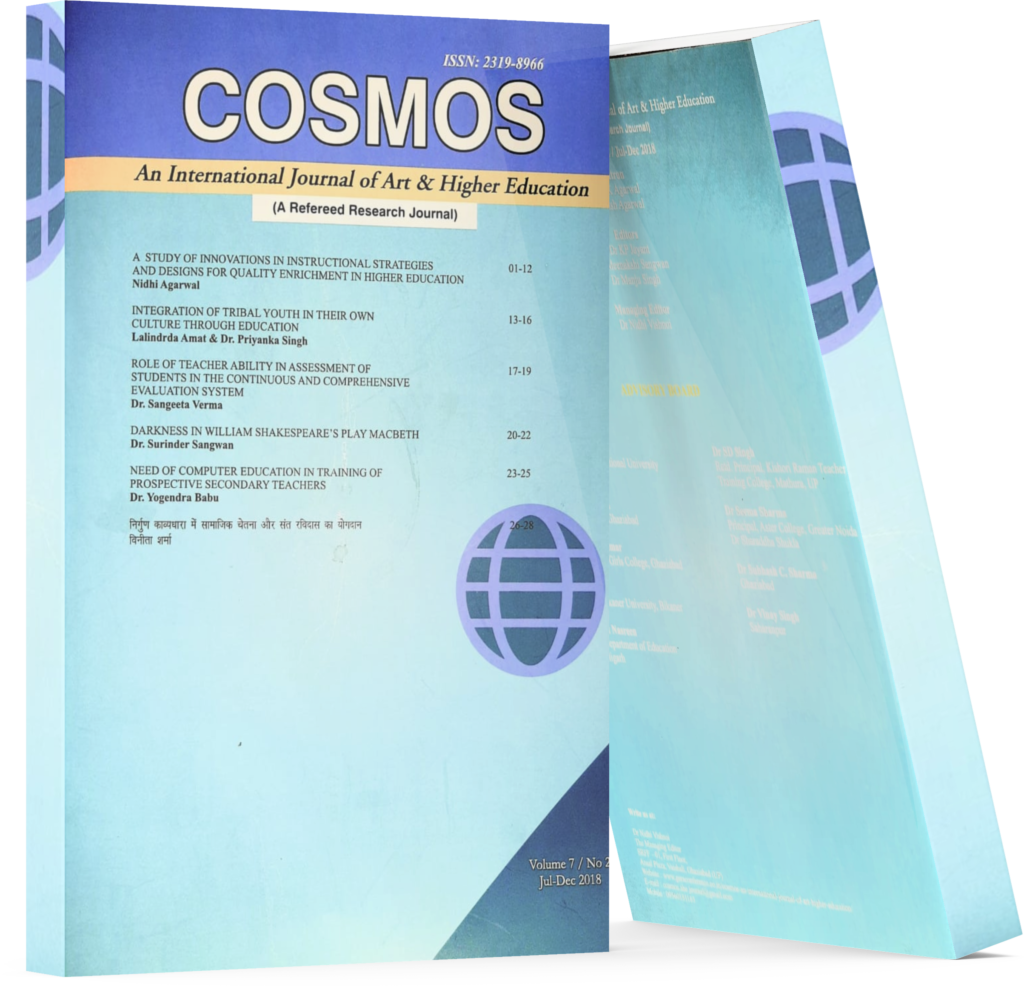Assessing The Socioeconomic Implications Of Climate Change
Keywords:
Climate Change, Greenhouse, Socio-Economic.Abstract
The paper begins by discussing the primary drivers of climate change, including greenhouse gas emissions resulting from human activities. It then delves into the direct and indirect socioeconomic impacts of climate change across multiple sectors, such as agriculture, water resources, health, infrastructure, and migration. The paper highlights how climate change exacerbates existing vulnerabilities and inequalities within societies, disproportionately affecting marginalized communities and exacerbating poverty and social disparities. Furthermore, the research paper explores the economic consequences of climate change, including reduced agricultural productivity, increased healthcare costs, property damage from extreme weather events, and disruptions to global supply chains. It also addresses the potential for climate-induced conflicts and the need for effective adaptation and mitigation strategies to minimize adverse socioeconomic outcomes. The findings underscore the urgent need for comprehensive policy responses to mitigate climate change and enhance societal resilience. These responses should encompass both mitigation efforts to reduce greenhouse gas emissions and adaptation measures to address the inevitable impacts of climate change. Additionally, the paper emphasizes the importance of international cooperation and financial support to assist developing countries in adapting to climate change and achieving sustainable development.
Downloads
References
Pradhan, Dr. Anup (2018). Problems Facing Indian Economy. Cosmos An International Journal of Art & Higher Education, 7(1), 12-15.
Kumar, Puneet (2009). Convergence of Rural Marketing Strategies and Trends in Developing Economics. Globus An International Journal of Management and IT, 1(1), 61-66.
Krishna, Akula Rama and Kumar, Dr. Sudesh (2017). Location Information Leaks from Apps and Web Browsing. Cosmos Journal of Engineering & Technology, 7(1), 1-4.
Agarwal, Nidhi and Kumar, Puneet and Mishra, Sugam (2010). Need to Acquire Democratic Competency by Teacher Educator in Global Scenario. Maa Omwati Journal of Education Research & Development, 1(1), 0976-1365.
Gupta, Ruchika & Kumar, Puneet (2013). Information Technology Business Value Assessment: A Case of State Bank of India. Globus: An International Journal of Management & IT, 4(2), 30-34, ISSN:0975-721X.
Naveen and Agarwal, Dr. Nidhi (2016). Social Media & Academic Performances: An Empirical Analysis. Cosmos An International Journal of Art & Higher Education, 5(2), 5-7.
Yadav, Ankit and Dwivedi, Dr. P.K. (2016). Model Based on the Utilization of Utilitarian Documentation. Cosmos An International Journal of Management, 5(2), 1-3.
Kaila, Rajesh Prabhakar and Singhal, Sandeep (2014). A Study on the Indian Mutual Fund Industry. Globus An International Journal of Management & IT, 6(1), 12-14.
Praveen, Manoj (2011). Learning As A Generative Process. Globus Journal of Progressive Education, 1(1), 1-7.
Rao, Chinta Rama Krishna and Raja, Dr. C. (2018). Mutual Fund Industry and Market Scenario of India. Globus An International Journal of Management & IT, 9(2), 1-3.
Nautiyal, Amit, (2015). Role of Life Insurance in India. Cosmos An International Journal of Management, 5(1), 1-3.
Sudhakar, S. (2014). Growth of Retail Industry in India. Globus An International Journal of Management & IT, 6(1), 1-4.

